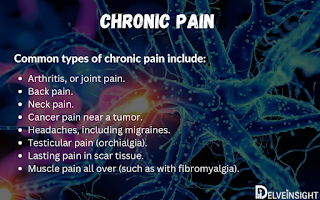DUPIXENT Breaks New Ground with First Biologic Approval for COPD
Overview of DUPIXENT
DUPIXENT (dupilumab), developed by Sanofi and Regeneron, has added another significant achievement to its portfolio by receiving the first-ever biologic approval for treating Chronic Obstructive Pulmonary Disease (COPD). DUPIXENT, already a blockbuster drug, has been a game-changer in treating various allergic and inflammatory conditions, including atopic dermatitis, asthma, and chronic rhinosinusitis with nasal polyposis. With its recent approval for COPD, it marks a significant milestone in expanding the treatment landscape for one of the most challenging respiratory diseases.
COPD and the Need for New Treatments
COPD is a progressive lung disease characterized by obstructed airflow, leading to breathing difficulties, chronic cough, and frequent respiratory infections. It is one of the leading causes of morbidity and mortality worldwide, affecting over 380 million people globally. Until now, treatment options for COPD have been limited to bronchodilators, inhaled corticosteroids, and lifestyle modifications like smoking cessation. Despite these treatments, many patients experience exacerbations and a continued decline in lung function, highlighting the need for more effective therapies.
DUPIXENT’s approval offers hope to a broad segment of patients, particularly those with type 2 inflammation-driven COPD, who previously had limited therapeutic options. The biologic targets interleukin-4 (IL-4) and interleukin-13 (IL-13), key drivers of the inflammation that leads to COPD symptoms and exacerbations. Clinical trials have shown DUPIXENT can significantly reduce exacerbation rates, improve lung function, and enhance the quality of life in patients with severe COPD.
A New Era in COPD Treatment
The approval of DUPIXENT for COPD not only broadens its application but also underscores the potential of biologics in managing chronic respiratory diseases. With this approval, Sanofi and Regeneron are expected to see an increase in market share and revenue as they venture into the COPD market, which is projected to reach USD 14 billion by 2030.
Conclusion:
DUPIXENT’s success across multiple indications cements its position as a blockbuster biologic, and the first-ever approval for COPD represents another significant step in revolutionizing respiratory care. Its entry into the COPD market growth signals a new era of targeted biologic therapies for managing complex, inflammatory-driven diseases.

.png)


Comments
Post a Comment